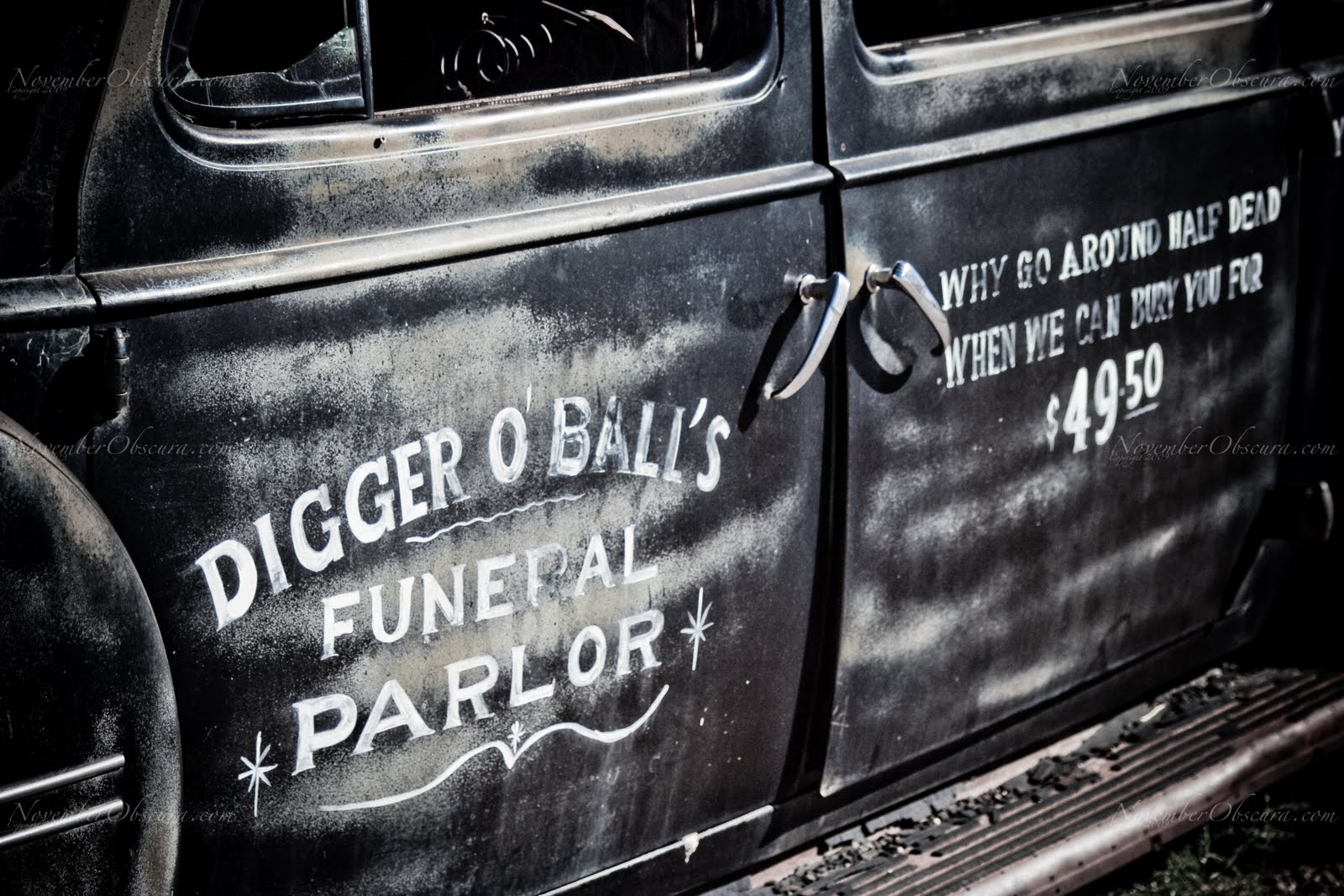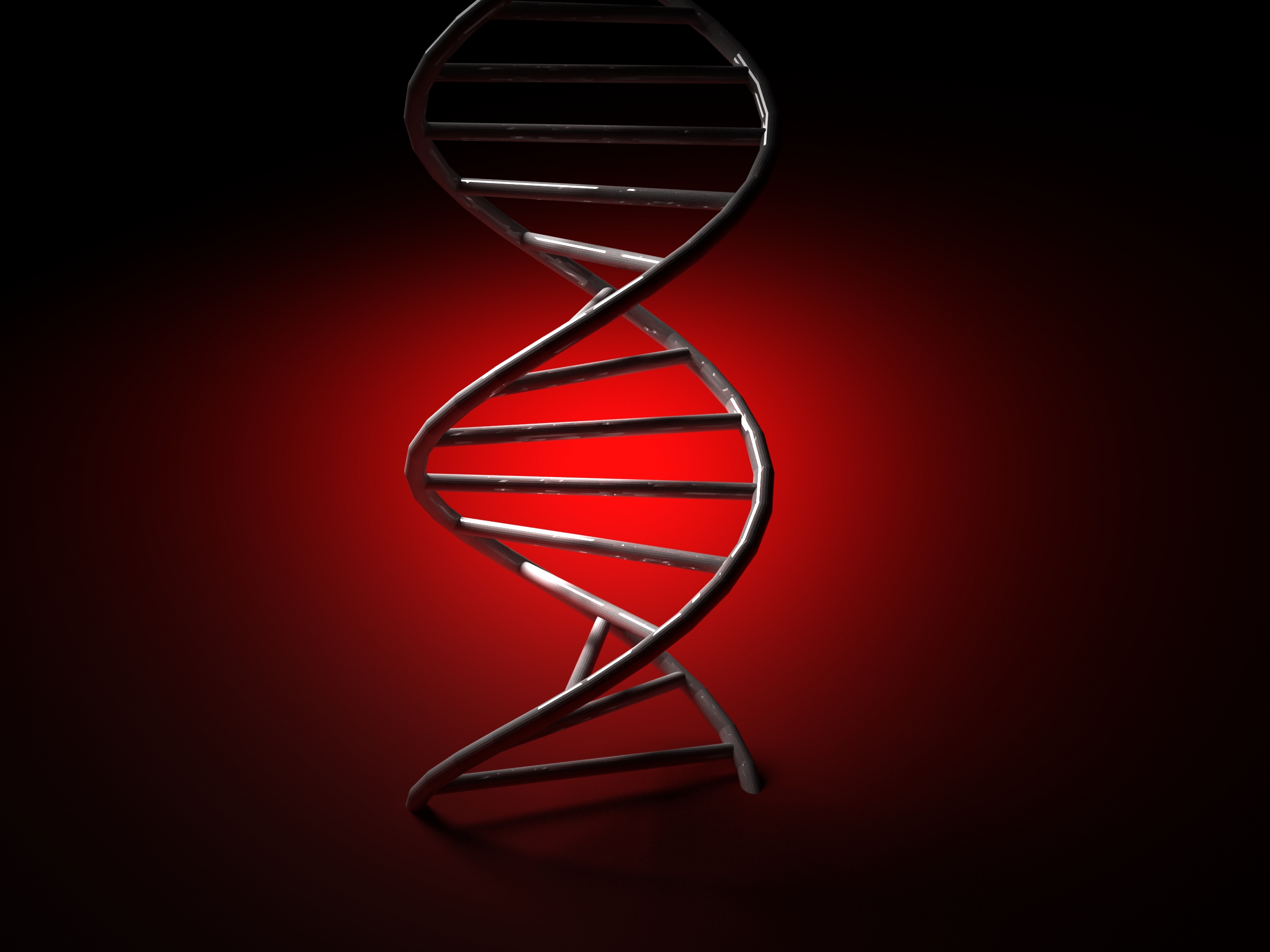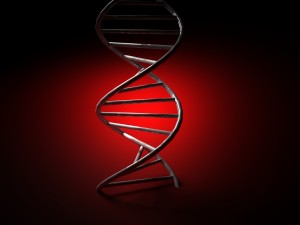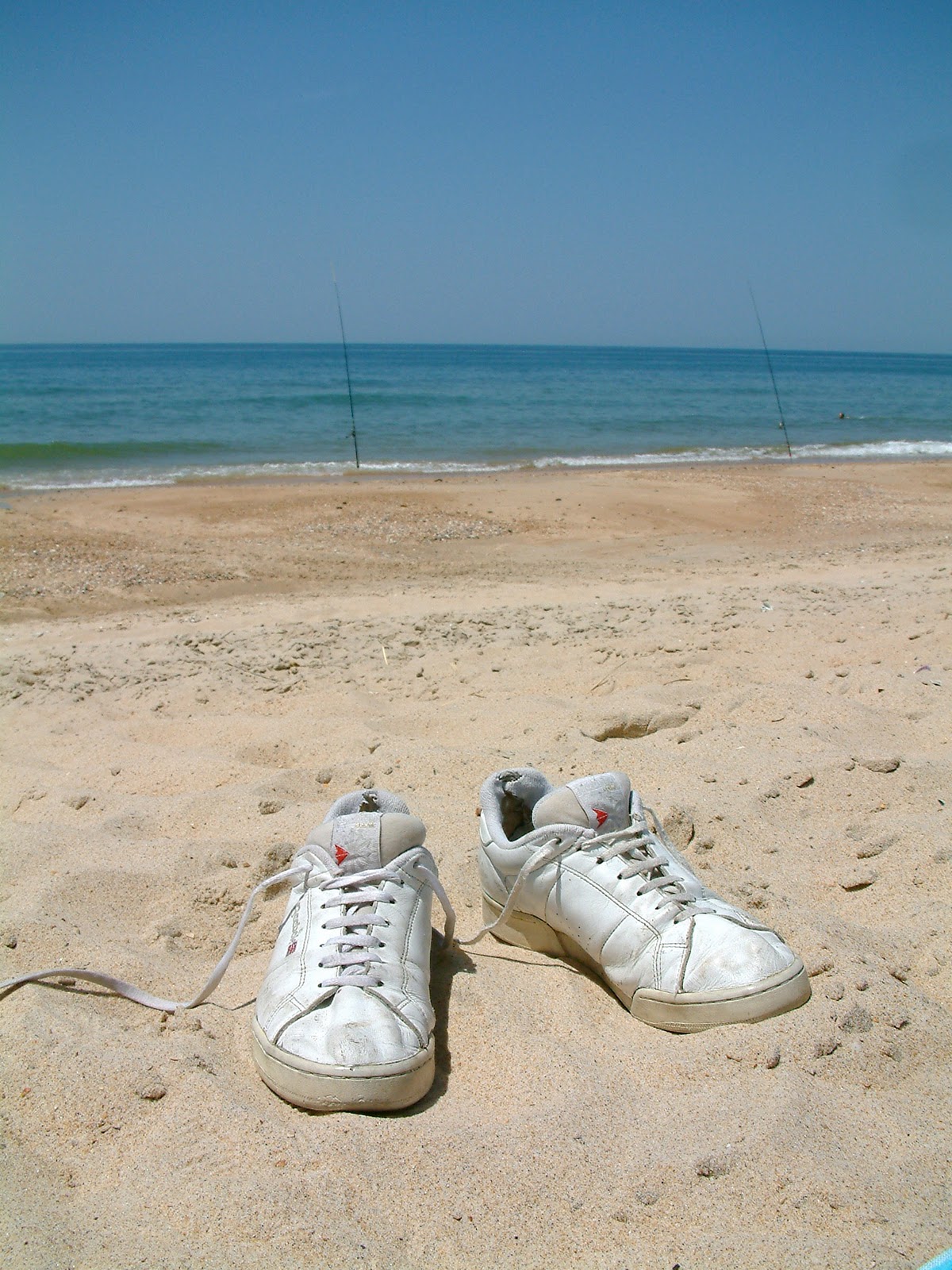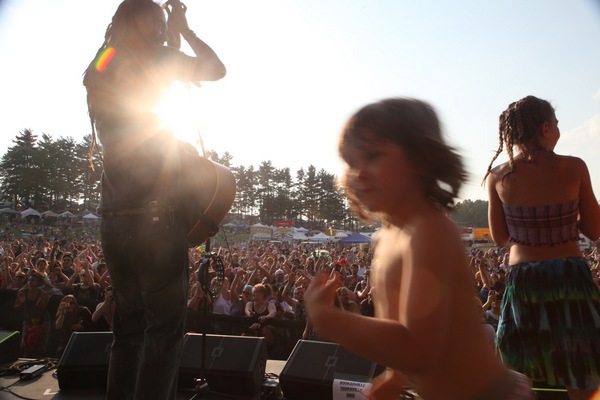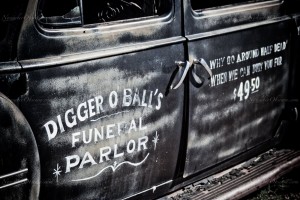 One of my first official acts as a newly minted 40-year-old was to help my mother pronounce my stepfather dead after a prolonged and terrible brain illness.
One of my first official acts as a newly minted 40-year-old was to help my mother pronounce my stepfather dead after a prolonged and terrible brain illness.
It was dawn on the morning after my birthday and it was harder to be sure of this than you might imagine. He left this realm the way a flashlight dims – flickering into a barely perceptible glow before extinguishing completely. We called hospice. A nurse came to confirm our suspicions and called the funeral home. I watched my five-year-old son touch his grandfather’s cool face and arms before he asked me “how do you know for sure?” The undertaker arrived. I remember moving a clay bust my mom made of my stepfather’s face out of the foyer, because I had a sudden and vivid fear that the gurney carrying his body would snag the pillar it was on and smash it to bits. They took the body and left an artificial rose on his bed.
And then I helped my mother organize his funeral. He was a spiritual man, but not at all religious. There was no minister to call for assistance. We arranged to use the chapel in the funeral home. My stepbrothers and brother and I each committed to deliver a eulogy – four in words, one in classical music. But we felt we needed to wrap the service and burial in some kind of formality, so my mother and my future ex-husband and I dug our way through books and books of one thing we knew my stepfather had faith in – poetry.
We ended up selecting pieces by Wallace Stevens and George Santayana. But my mother had heard the most from my stepfather about his admiration for Imagist poet and New Jersey physician William Carlos Williams (also mentor to Allen Ginsberg). We pushed through volume after volume, looking for something of his that one of us could read. The first poem we found related to death or loss began:
the dog won’t have to
sleep on his potatoes
any more to keep them
from freezing
So that hardly seemed appropriate. Actually, we laughed at its total inappropriateness. Fresh grief can be like that – manic and grimly hysterical. Then there was another poem. It felt too raw at the time, so we didn’t read it either. Williams was left out of the funeral. But that other poem is still with me.
Last week, I completed training to be hospice volunteer for the organization that took such extraordinary care of all of us before and after my stepfather passed. We have had (I have had) several other losses since then, and none of those experiences have felt alike. The training made me think more deeply about all of the pressure valves people blow open and seal shut in dark times or mourning, the crazy emotional acrobatics and contortions that can lead to accepting — or never accepting — a loss. For some people, cracking a single emotion may take remarkable courage. Others (like me) may expectorate feelings with more persistence than we are usually able to muster to wipe down the kitchen counters.
I like Emily Dickinson’s poem, which begins “I measure every grief…” because of her stark consideration of several ways that grief may manifest and her conclusion that its very existence is something that unites us all. Death, loss and everyone’s inevitable experience of them at some time bind us like quantum physics, the interconnectedness of Buddhist philosophy or Walt Whitman’s beautiful line from Leaves of Grass – “every atom belonging to me as good belongs to you.”
When someone dies after a long illness, particularly one that seems to strip away the person that you knew in pinpricks and bold strokes, it can take time to recover; time to begin to remember them well. My stepfather was an intellectual, an elitist, even, but a brilliant and loyal man. He inherited me as his very first daughter-like person when I was 19 and while I know I flummoxed him at first, we grew into a relationship that ended with the intimacy of hallucinations and dying.
And I have him to thank for the fact that I’ve read a lot more William Carlos Williams in the last two years than ever before.
I’ve always loved the rituals around Day of the Dead/All Saints’ Day, because they give memories a chance to breathe within us. We can make offerings to the people we’ve lost, remember the parts of ourselves that they gave us.
I think my stepfather would have liked it if this poem had been read at his funeral. It would have been bold. But I think, rightly, that it might have been too raw for those who were grieving for him. So I make it as an offering to him, and anyone who needs permission to feel anything at all they need to feel, today:
Tract
By William Carlos Williams
I will teach you my townspeople
how to perform a funeral
for you have it over a troop
of artists—
unless one should scour the world—
you have the ground sense necessary.
See! the hearse leads.
I begin with a design for a hearse.
For Christ’s sake not black—
nor white either — and not polished!
Let it be weathered—like a farm wagon—
with gilt wheels (this could be
applied fresh at small expense)
or no wheels at all:
a rough dray to drag over the ground.
Knock the glass out!
My God—glass, my townspeople!
For what purpose? Is it for the dead
to look out or for us to see
the flowers or the lack of them—
or what?
To keep the rain and snow from him?
He will have a heavier rain soon:
pebbles and dirt and what not.
Let there be no glass—
and no upholstery, phew!
and no little brass rollers
and small easy wheels on the bottom—
my townspeople, what are you thinking of?
A rough plain hearse then
with gilt wheels and no top at all.
On this the coffin lies
by its own weight.
No wreathes please—
especially no hot house flowers.
Some common memento is better,
something he prized and is known by:
his old clothes—a few books perhaps—
God knows what! You realize
how we are about these things
my townspeople—
something will be found—anything
even flowers if he had come to that.
So much for the hearse.
For heaven’s sake though see to the driver!
Take off the silk hat! In fact
that’s no place at all for him—
up there unceremoniously
dragging our friend out to his own dignity!
Bring him down—bring him down!
Low and inconspicuous! I’d not have him ride
on the wagon at all—damn him!—
the undertaker’s understrapper!
Let him hold the reins
and walk at the side
and inconspicuously too!
Then briefly as to yourselves:
Walk behind—as they do in France,
seventh class, or if you ride
Hell take curtains! Go with some show
of inconvenience; sit openly—
to the weather as to grief.
Or do you think you can shut grief in?
What—from us? We who have perhaps
nothing to lose? Share with us
share with us—it will be money
in your pockets.
Go now
I think you are ready.
****
I remember you, Stephen.
Love,
Tracy
